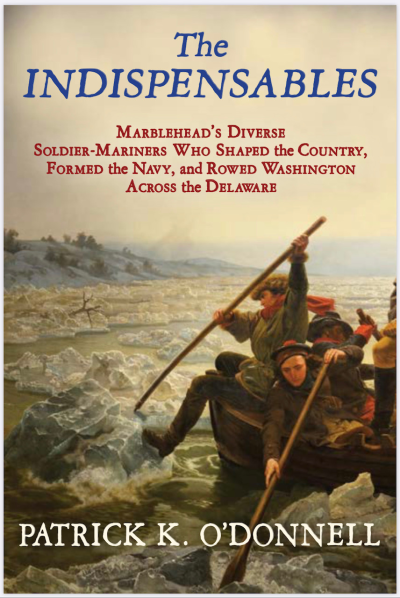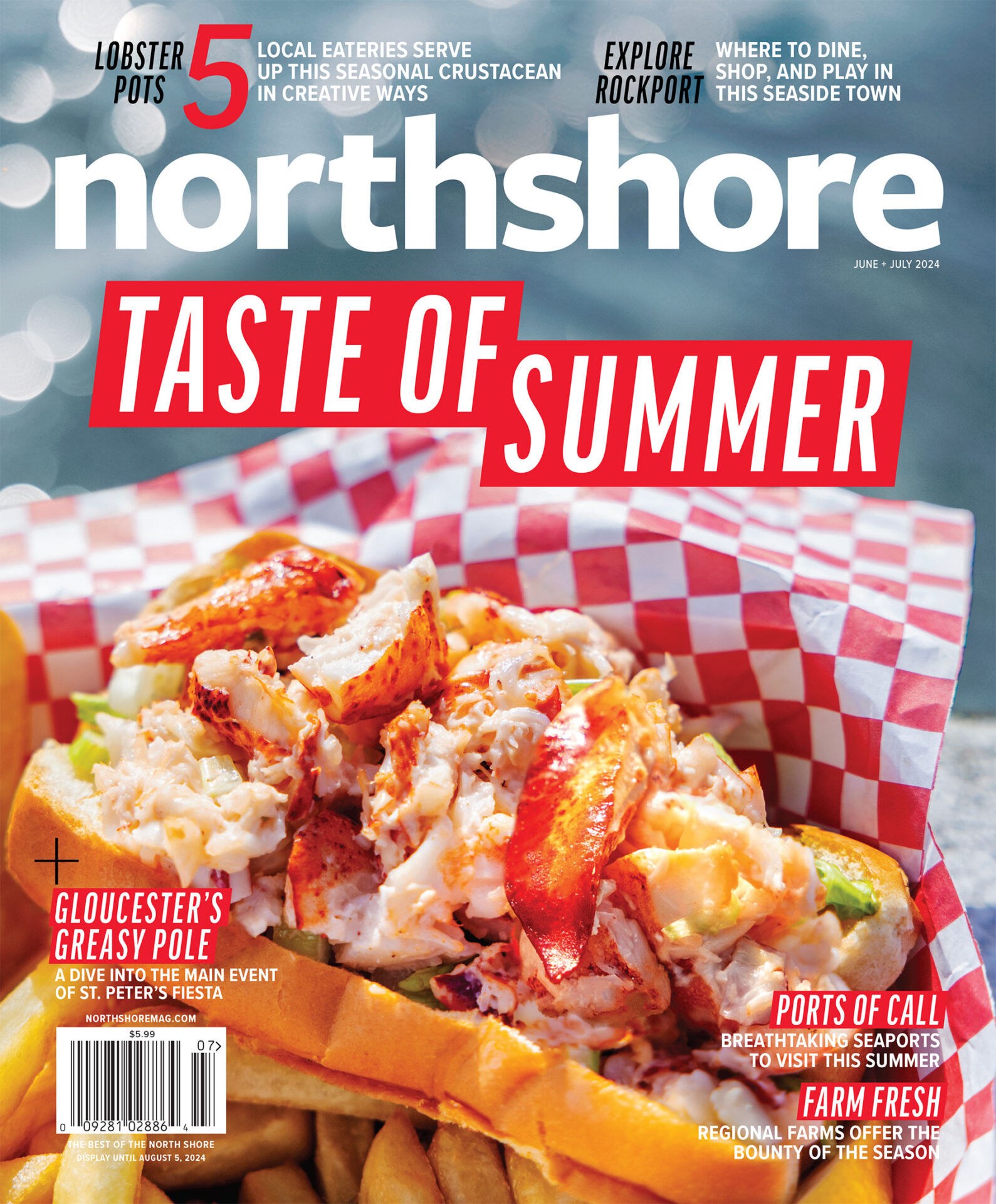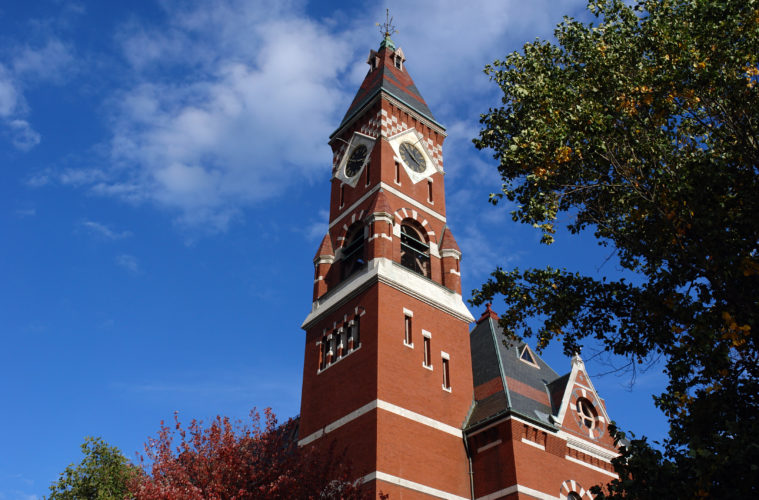Lexington and Concord may be Massachusetts’ most iconic towns when it comes to the history of the American Revolution. But best-selling author and historian Patrick O’Donnell wants the world to know about another community he argues had at least as much impact on the outcome of the war: Marblehead.
Last week O’Donnell visited Marblehead to share his message with a crowd of some 200 people who gathered to hear him speak about his latest book, The Indispensables, which chronicles a largely unheralded regiment from Marblehead that was, he says, crucial to some the most vital turning points of the war.

“It matters because this town, this regiment, this community changed the course of history in many ways,” he told the audience at Marblehead’s Abbot Hall.
Behind him sat more than a dozen men and women (and one child) dressed in the garb of Revolutionary-era soldiers, the reenactors of Marblehead’s Glover’s regiment.
O’Donnell has been fascinated by military history since he was a small child. He remembers being interested in history at the age of four and having amasses a library of hundreds of history books by the time he was eight. While other kids begged for trips to Disney, O’Donnell dragged his parents to Civil War battlefields.
As an adult, he made this obsession into a career. His first book, Into the Rising Sun, was published in 2002, and shares the unvarnished memories of World War II veterans who O’Donnell interviewed himself. In the years that followed, he has written another 11 books telling the stories of America’s first spy agency, a highly decorated but often overlooked regiment in the Korean War, and an Army ranger battalion that was crucial to the success of D-Day.
“I love writing, I love history,” O’Donnell says, sitting down to talk about his work before the event. “Each one of my books I’ve ever written was a journey.”

During the war in Iraq, O’Donnell embedded with a Marine rifle platoon as a volunteer historian, and found himself in the thick of the Battle of Fallujah, a conflict he documents in his 2006 book We Were One.
His latest book, he says, grew organically out of the research he did for his 2016 book, Washington’s Immortals, which looked at a regiment that helped George Washington and the Continental Army evacuate after the Battle of Brooklyn. When O’Donnell told people he was working on the story of an elite group of soldiers who had helped Washington, many asked if he meant the men from Marblehead. And O’Donnell realized he realized he had another story worth investigating.
What he found fascinated him. The men from Marblehead, he discovered, were essential to the war. Bringing with them skills as mariners, the Marblehead regiment were able to navigate the tumultuous waters of the East River to help Washington escape the Battle of Brooklyn. Washington then knew to call upon them when he made his famous crossing of the Delaware River; the Marblehead mariners safely shuttled 2,400 men across the river, much to the surprise of the British.
Even off the battlefield, Marblehead’s leaders were influential. Some of the town’s leading residents helped spearhead the colonies’ break with England, and the bulk of the gunpowder at the Battles of Lexington and Concord was imported through Marblehead. Some of the town’s wealthiest men poured money into the war effort.
These efforts, O’Donnell says, made a major difference in the outcome not just of the war, but in the development of the entire country. And that’s why their stories are still worth telling today, he says.
“Our country wouldn’t be here if it weren’t for the actions of these individuals,” O’Donnell says. “So many of our concepts of freedom and liberty flow from these men.”

